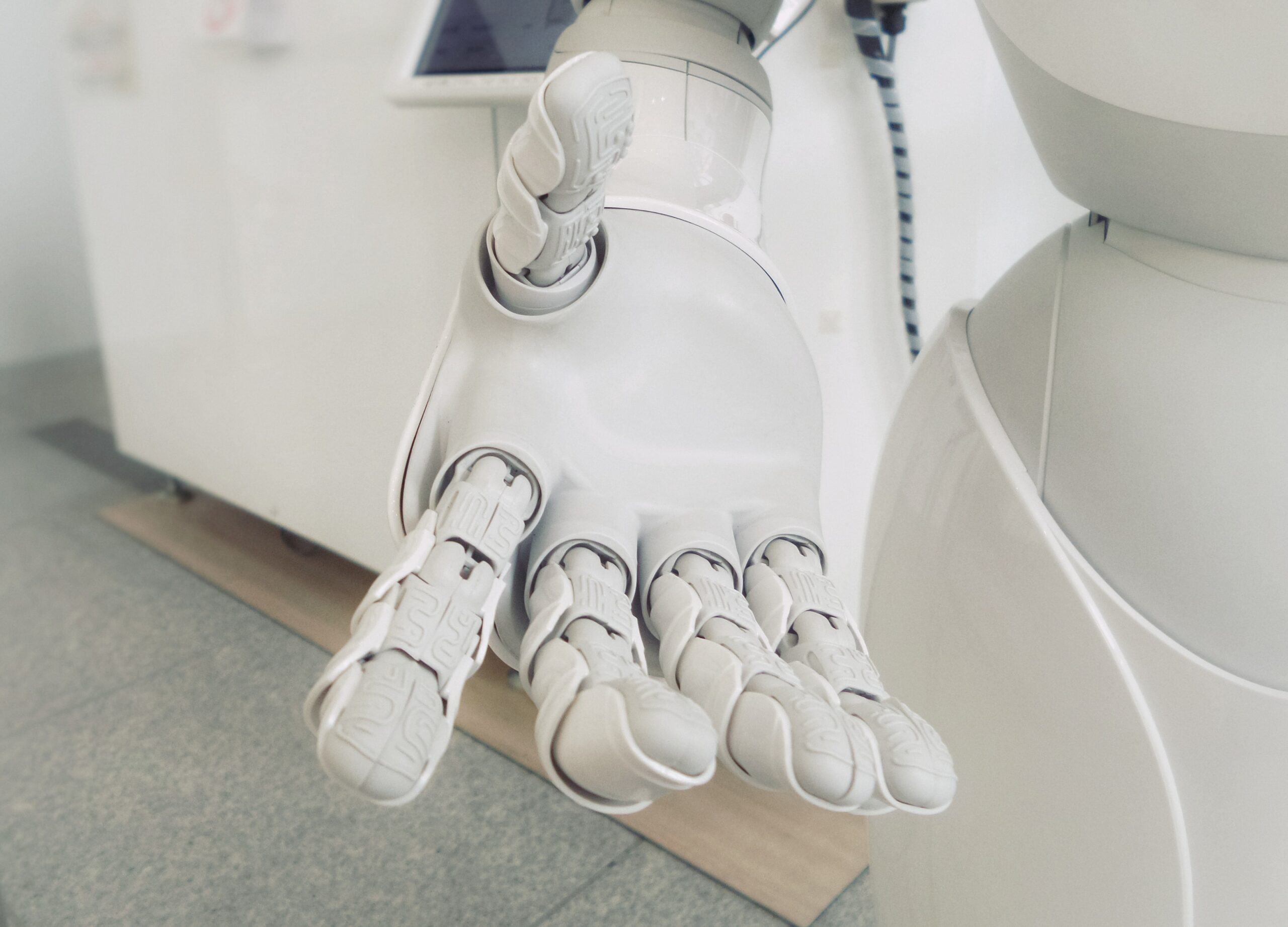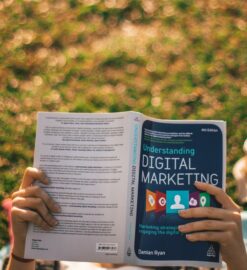AI + Philosophy: Artificial Intelligence Questions to Consider

Artificial Intelligence raises so many questions: ethical, political, medical, and more. Ever question the effects of AI currently and in the future (near or far)?
Many are raising valuable questions that really give one something to think about. Hopefully, it’ll give you ideas and perspectives to consider.
Open-ended questions can be insightful and meaningful rather than occasional complicated facts. This compilation of questions stems from highly credible sources.
Sometimes reading about AI or machine learning there’s terminology and jargon difficult to keep up with. I figured that questions that keep you thinking can sometimes have more effect than facts that you may forget. Questions can also leave interpretation instead of becoming accustomed to one side.
Interested in more ethical concepts of artificial intelligence? Check out Artificial Intelligence Bias.
My Questions
Technology introduced new problems such as blue light exposure and mental health issues associated social media. Which issues stemming from artificial intelligence can we not predict yet?
Technology has made us lazy in one way or another, how much lazier will artificial intelligence make us, and how will that affect us?

Comparison
“Can AI outsmart humans? A rough parallel would be: Can a student outsmart his professor?”
Dharmendra K. Sachdev, telecommunications pioneer & founder-president of Spacetel Consultancy LLC
“Can smart machines outthink us, or are certain elements of human judgment indispensable in deciding some of the most important things in life?”
– Michael Sandel, political philosopher & Anne T. & Robert M. Bass Professor of Government
Society
“How will the omnipresent companionship of a machine, which does not feel or experience human emotion (but may mimic it), affect a child’s perception of the world and his or her socialization?”
– The Age of AI: And Our Human Future
“If information and entertainment become immersive, personalized, and synthetic–such as AI-sorted “news” confirming people’s long-held beliefs or AI-generated movies “starring” long-deceased actors–will a society have a common understanding of its history and current affairs?”
The Age of AI: And Our Human Future
“What about traditional society should we guard?”
– The Age of AI: And Our Human Future
“Will the ability of workers to adapt to automation by gaining new education and skills be swamped by the frequency and breadth of tasks that machines with AI will perform?”
– Harry J. Holzer, Brookings Institution
Healthcare

“What if the algorithm is designed around the goal of saving money? What if different treatment decisions about patients are made depending on insurance status or their ability to pay?”
“Could data become the doctor?”
Researchers say use of artificial intelligence in medicine raises ethical questions, Patricia Hannon, Stanford Medicine
“Today our faces, fingerprints, even heartbeats are being digitalized,” Kudina said, “Who knows how far society and the healthcare industry will let this trend go?”
– Olya Kudina, PhD; Hard choices: AI in health care, Yale Medicine Magazine
Innovation
“As tool sets for AI development continue to empower small research groups and individuals (datasets, software-development frameworks and open-source algorithms), how is a government going to keep up – let alone maintain awareness – of AI progress?”
“Also, how can we protect human rights and human well–being while keeping up with the rapid evolutions and revolutions of technology?”
– Keng Siau & Weiyu Wang, Missouri University of Science and Technology
More on Artificial Intelligence
Leadership/Government

“Do you believe that algorithm-based leadership is capable of empathy, compassion, curiosity, or creativity?”
– Knowledge at Wharton, University of Pennsylvania
“Is democracy possible in a world in which a few “genius” machines are operated by a small number of organizations?”
– The Age of AI: And Our Human Future
“How can we move towards a future where algorithms may not lead but still be at the service of humanity?”
– Knowledge at Wharton, University of Pennsylvania
“If AI enables a bureaucrat, architect, or investor to predict outcomes or conclusions with ease, on what basis would he or she not use it?”
– The Age of AI: And Our Human Future
“If AI is enlisted to monitor signs of criminal wrongdoing, or to assist in judgements of innocence and guilt, must the AI be able to “explain” how it reached its conclusions in order for human officials to adopt them?”
The Age of AI: And Our Human Future
Responsibility/Dangers
“Will AI-enabled weapons ultimately be available to anyone with a laptop, a connection to the internet, and an ability to navigate its dark elements?”
– The Age of AI: And Our Human Future
“Who should be the responsible entity for the undesirable consequence — the programmer, the data owner, or the end-users?”
Keng Siau & Weiyu Wang, Missouri University of Science and Technology
“For instance, is it ethical to “kill” (shut down) an AI agent if it replaces human jobs or even endangers human lives? “
– Keng Siau & Weiyu Wang, Missouri University of Science and Technology
“When an autonomous system operating on the basis of its own perceptions and decisions acts, does its creator bear responsibility? Or does the fact that the AI acted server it from its creator, at least in terms of culpability?”




Leave a Reply